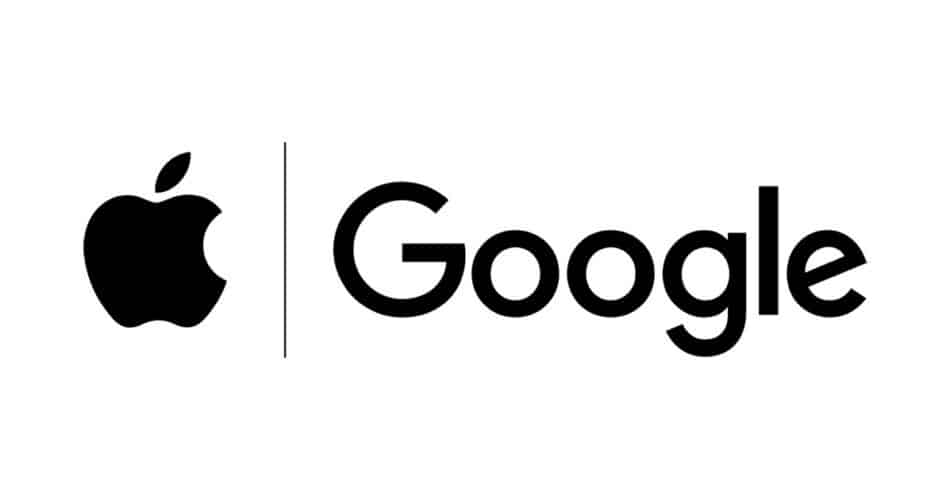Apple and Google, two of the world’s largest tech giants, are embroiled in what is shaping up to be a monumental antitrust case. With billions of dollars at stake, Google’s dominance as the default search engine is under intense scrutiny. This case not only threatens the financial partnership between Apple and Google but could also reshape the future of search, browsers, and operating systems.
At the core of this legal battle is an agreement where Apple receives tens of billions of dollars annually from Google in exchange for making Google the default search engine on Safari across iPhone, iPad, and Mac devices. In 2022 alone, Apple reportedly earned over $20 billion from this deal. However, the U.S. Department of Justice (DOJ) argues that such arrangements contribute to Google’s monopoly over online search, leaving little room for competition.
Apple has recently taken a more active role in the trial, stating that it can no longer rely on Google to adequately represent its interests. According to court filings, Apple asserts that it does not intend to compete in the search engine space, regardless of whether it continues receiving revenue from Google. Eddy Cue, Apple’s Senior Vice President of Services, has been vocal about why Apple will not develop its own search engine. He cited the astronomical costs, the rapidly evolving nature of search technology due to artificial intelligence, and Apple’s longstanding commitment to privacy, which conflicts with the targeted advertising model central to search engines like Google. Additionally, Cue highlighted that Apple lacks the specialized professionals and infrastructure needed to build and maintain a viable search engine.
The potential fallout from this case extends beyond financial implications. If the DOJ succeeds, Google could be forced to divest its Chrome browser and even its Android operating system, actions that would severely impact its market dominance. Google, meanwhile, has offered concessions, including ending exclusive agreements with Apple and Android manufacturers, giving browser companies like Mozilla more flexibility to set rival search engines as defaults, and ceasing deals that require Google to be the default search engine in exchange for operating system support.
Apple’s position is clear: it prefers its partnership with Google, as the deal supports features like Siri and Spotlight, which rely heavily on Google’s search framework. However, Apple argues that only it can determine what collaborations best serve its users. The company maintains that forcing it to abandon its agreement with Google or prohibiting future deals would harm its ability to deliver high-quality products and services. Cue emphasized that Apple is focused on other growth areas and does not see developing a search engine as a strategic priority.
As the trial moves forward, the stakes for both companies are immense. Apple faces potential disruptions to its revenue and ecosystem, while Google could suffer devastating blows to its browser and operating system businesses. Between now and the scheduled hearing in April 2025, the legal and competitive landscape of the tech industry could shift dramatically.
(via Reuters)
Subscribe to our email newsletter to get the latest posts delivered right to your email.

